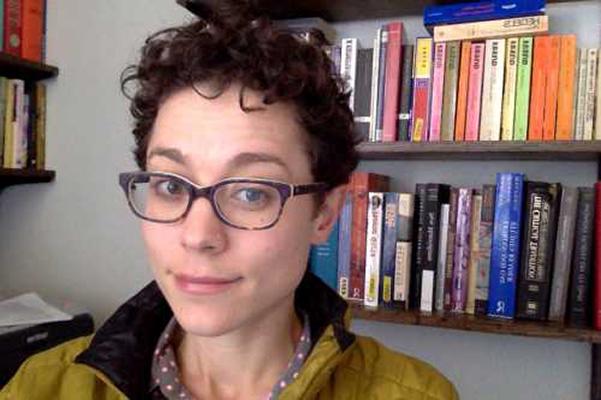
If I had to sum up what I do in the classroom, I would simply say that I help students see under the hood of my discipline.
“If I had to sum up what I do in the classroom,” said Cris Borges, History faculty member at North Seattle College, “I would simply say that I help students see under the hood of my discipline.”
During a February 2018 critical pedagogy workshop for the Mellon Fellows for Reaching New Publics, a program that matches UW doctoral students with community college faculty mentors, we invited Borges and two additional faculty mentors in the program—Jim Jewell (English, North Seattle College) and Phebe Jewell (English, Central Seattle College)—to share insights about lesson planning, classroom pedagogy, and issues of power and difference in the classroom. To riff on Borges’s statement, the Mellon mentors helped us “see under the hood” of the classroom, which most faculty and graduate instructors drive every day, but often without adequate awareness or attention to how the engine of effective teaching works—or what to do in the face of the flat tires and dead batteries that inevitably waylay even the most thoughtfully engineered discussions and assignment sequences.
During the workshop, Mellon faculty mentors presented lesson plans that they had developed through a series of “Lesson Plan Lightning Talks.” Phebe Jewell presented a classroom activity in which students are asked to identify the narrator’s gender in a number of passages excerpted from short stories and novels; she then discussed how she uses students’ various responses to this activity to structure a sophisticated conversation about the construction of gender through language. Jim Jewell reviewed a paper prompt that requires students to make an argument for a particular system of grading (traditional, random, or egalitarian)—in a paper that is then graded according to students’ chosen system!
Across the board, the lessons shared by the Mellon faculty mentors were characterized by the careful cultivation of students’ meta-cognitive awareness, an attention to the development of skills as well as the delivery of content. They were also marked by flexible design, allowing both responsiveness to students’ incoming knowledge and active participation of students in new knowledge-making.
It is a truism to say that community college faculty are often talented and innovative teachers. I knew this before the workshop. But during our conversation, I found myself not simply nodding in affirmation of sound pedagogy, but frantically scribbling down notes and questions. It was not, “Ah yes, this is good teaching,” but, “Oh my! This is good teaching!” And … “How did you do that? How might I do that?” Though I have been a college-level instructor for more than a decade—and I’ve cared and thought a lot about my pedagogy during this time—during the workshop, I was humbled by the sense that I was learning from experts in the field of teaching and learning. And I found myself assuming the posture of learning: I was renewed in my curiosity about what happens under the hood, so to speak.
For scholars in many disciplines, it can be easy to see teaching as a vehicle for the transmission of knowledge, rather than an interesting object of inquiry in itself. And because we so often just hop in and turn the key, it can be incredibly easy to overlook the knowledge that expert practitioners such as community college faculty have to offer. As we work to strengthen the partnerships between the UW and Seattle district community colleges, it seems to me to be crucial to decenter the research university as the locus of expertise. The pedagogy workshop showed one possible way such decentering might take place. However, there is still so much to learn about how to create opportunities to learn from colleagues across institutional contexts.